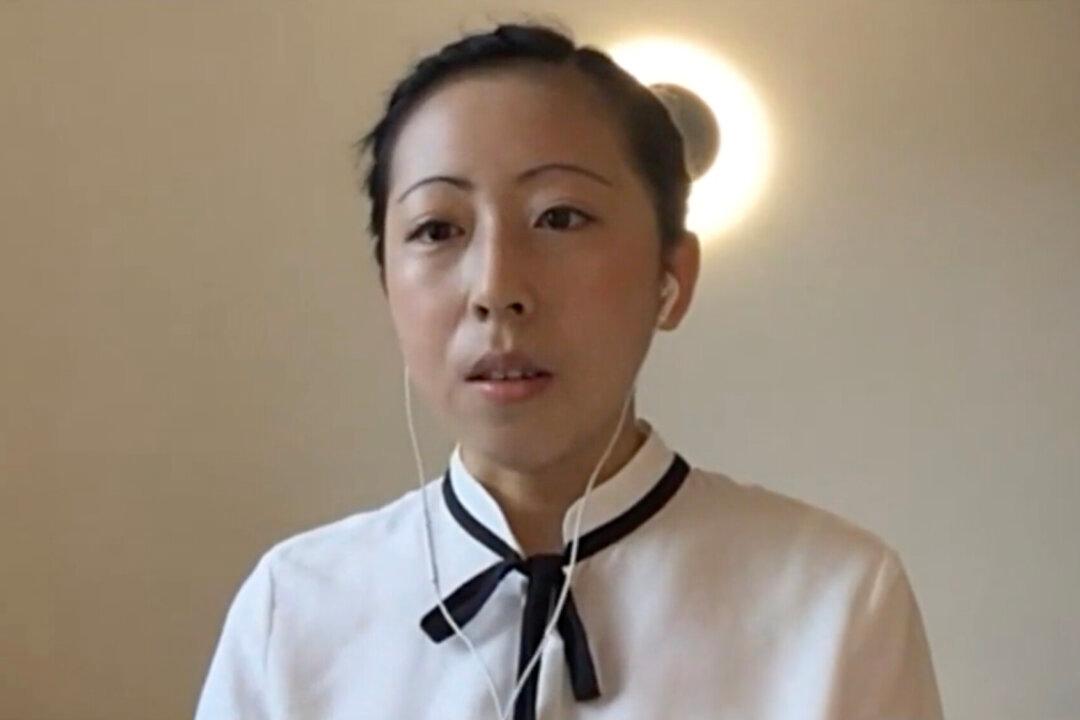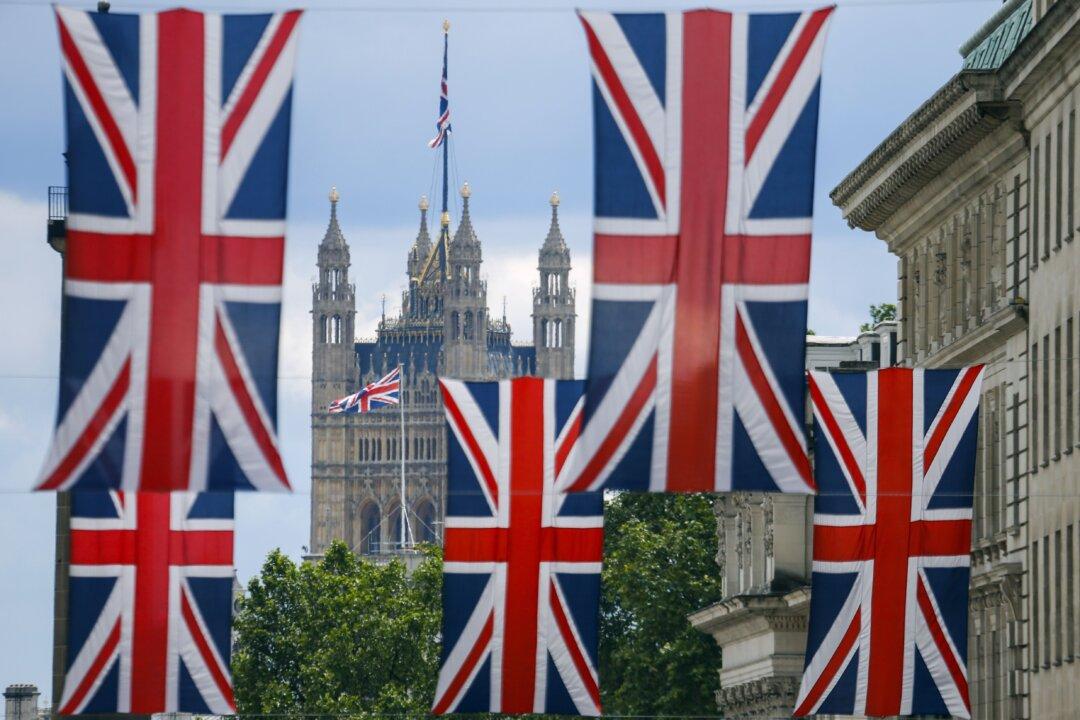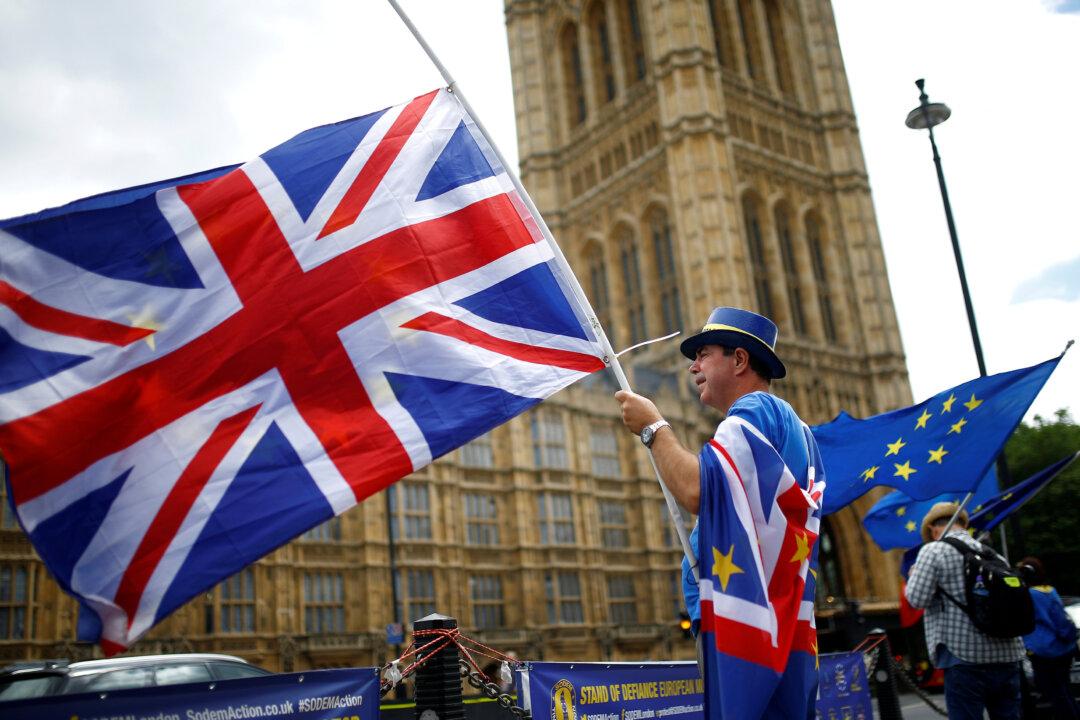LONDON—The French government will reintroduce national service for teenagers, in an effort to build social cohesion and national pride.
Called the universal national service, the scheme is a diluted version of the military service that French President Emmanuel Macron promised during his 2017 election campaign. According to French news network France24, Macron saw it as a major project to allow the country’s democracy “to be more united and increase the resilience of our society” in the wake of a series of terrorist attacks in France.





